The simple act of turning on a tap and expecting clean, safe water is something many of us take for granted. But in Kenya, as in many parts of the world, the journey from the water source to your home can involve various challenges that might compromise its quality. From agricultural runoff and industrial discharge to aging infrastructure and potential contamination during distribution, the water flowing from your tap might not always be as pure as it looks.
At Winstar Hardware, we believe that ensuring the health and well-being of your family starts with the water you consume and use every day. That’s why we’ve put together this comprehensive guide on why a water filtration system is not just a luxury, but an essential addition to your Kenyan home.
The Hidden Challenges of Tap Water in Kenya
While water service providers in Kenya work diligently to treat and deliver water, several factors can impact its quality by the time it reaches your tap. A water filtration system can help address these issues.
Common Contaminants in Kenyan Water Sources
Kenya’s water sources, including rivers, lakes, and boreholes, are susceptible to a wide range of pollutants, many of which can be eliminated with a proper water filtration system. These include:
- Microbial Contaminants: Harmful bacteria, viruses, and parasites are a major concern. For instance, studies have found high levels of bacteria such as E. coli, Coliforms, and Staphylococcus aureus in both ground and surface water sources. These pathogens are often linked to inadequate sanitation and can cause serious waterborne diseases like typhoid and cholera.
- Heavy Metals: Industrial processes and urban waste often introduce toxic heavy metals like lead, copper, arsenic, and mercury into rivers. The Nairobi River, for example, has been found to contain concerning concentrations of lead, zinc, and copper. Prolonged exposure to these metals can lead to severe health issues.
- Agricultural Chemicals: Runoff from farms can carry pesticides, fertilizers, and other agrochemicals into water bodies. Research in areas like the Lake Victoria Basin has detected numerous types of pesticides in the water, even those that have been banned for years.
- Physical Contaminants: Beyond what’s invisible, physical contaminants like sediment, silt, and other debris from soil erosion can make water appear cloudy and clog plumbing.
The Impact of Seasonality
The quality of water in Kenya can change dramatically between the dry and wet seasons.
Rainy Season (Wet Season)
Heavy rainfall leads to increased surface runoff. This runoff carries a surge of contaminants from farms (pesticides, fertilizers), informal settlements (sewage), and urban areas (industrial waste and garbage) directly into rivers and other water sources. This influx of pollutants can make the water highly turbid and significantly increase the levels of bacteria like E. coli.
Dry Season
During dry periods, water levels in rivers and wells drop. While the physical contamination from runoff is reduced, the concentration of soluble contaminants, such as heavy metals and other inorganic substances, can increase as the water volume decreases.
Understanding these challenges is the first step toward safeguarding your family’s health. A well-chosen water filtration system provides a reliable solution to these seasonal and everyday water quality issues.
The Health Benefits of a Water Filtration System
A water filtration system provides a critical barrier against these contaminants, offering numerous health benefits for your family. A high-quality water filtration system can:
- Protect against waterborne diseases: It removes harmful bacteria, viruses, and protozoa that cause illnesses like cholera and typhoid.
- Remove toxic heavy metals: It eliminates heavy metals that can leach from old pipes, ensuring safer drinking water.
- Reduce chlorine and DBPs: This not only makes your water safer but also significantly improves its taste and odor.
- Filter out sediment: This results in clearer, cleaner water that is less likely to damage your appliances and plumbing.
Cost-Effective and Eco-Friendly Benefits
Beyond health, investing in a water filtration system is a smart financial and environmental decision. It offers:
- Significant long-term savings: A home water filtration system eliminates the need to continuously buy bottled water, saving you money in the long run.
- Encourages better hydration: When water tastes and smells good, you’re more likely to drink it throughout the day, improving overall health.
- Protects appliances: By filtering out sediment and minerals, a water filtration system helps extend the life of your appliances, such as kettles, coffee makers, and washing machines.
Choosing the Right Water Filtration System
There is a wide variety of water filtration systems available in the Kenyan market, each designed to address different needs:
1. Pitcher Filters
These are simple, portable pitchers with a filter cartridge inside. They are an excellent entry-level water filtration system.
Pros:
- Affordable: Low initial cost.
- Easy to Use: No installation or plumbing required.
- Portable: Can be moved from the kitchen to the dining table.
Cons:
- Small Capacity: Only filters a small amount of water at a time.
- Slow: Requires waiting for water to filter through.
- Limited Filtration: Does not remove all contaminants, particularly heavy metals.
Maintenance:
Hand-wash the pitcher and lid with mild detergent. The filter cartridge needs to be replaced regularly, typically every 2 months or after filtering about 40 gallons of water. An indicator on the lid often signals when it’s time for a change.
2. Faucet Filters
These compact filters attach directly to your kitchen faucet, providing filtered water on demand.
Pros:
- Convenient: Provides filtered water instantly.
- Easy to Install: Simple to attach without a plumber.
- Improves Taste: Highly effective at removing chlorine and improving taste.
Cons:
- Takes up Space: Can clutter a small kitchen sink.
- Lower Flow Rate: May reduce water pressure from the faucet.
- Filter Life: Cartridges have a smaller capacity and need more frequent replacement.
Maintenance:
The filter cartridge must be changed every 2-3 months to maintain effectiveness. Look for signs like a slower flow rate or a return of bad taste/smell, as these indicate a clogged filter.
3. Under-Sink Filters
This type of water filtration system is installed under the sink and connected to the cold water line, providing filtered water through a dedicated faucet.
Pros:
- High Performance: Often use multi-stage filtration to remove a wider range of contaminants.
- Hidden: Frees up countertop space.
- Long-Term Savings: While more expensive initially, larger filters last longer, reducing the cost of replacements.
Cons:
- Complex Installation: May require basic plumbing knowledge or professional help.
- Higher Upfront Cost: More expensive than pitcher or faucet filters.
- Not Portable: Fixed to one location.
Maintenance:
Maintenance is straightforward, usually involving a simple filter change every 6 to 12 months, depending on the model and water usage.
4. Whole-House Water Filtration System
A whole-house water filtration system is installed at the main water line where water enters your home, treating all the water you use.
Pros:
- Comprehensive Protection: Filters all the water for drinking, bathing, and washing.
- Protects Appliances: Removes sediment and minerals that can damage pipes and appliances.
- Healthier Skin and Hair: By removing chlorine, it helps reduce skin irritation and dry hair.
Cons:
- Highest Initial Cost: The most expensive water filtration system to purchase and install.
- Professional Installation: Almost always requires a plumber to install.
- Does Not Address Internal Plumbing Issues: Cannot remove contaminants that are already in your home’s pipes.
Maintenance:
Maintenance is more involved than with other systems, often requiring professional service to change multiple filters, typically annually.
5. Reverse Osmosis (RO) Systems
An advanced water filtration system that uses a semi-permeable membrane to remove up to 99% of contaminants, including heavy metals, fluoride, viruses, and bacteria.
Pros:
- Superior Purity: Provides the highest level of contaminant removal.
- Removes Odors and Tastes: Produces water that is exceptionally clean and great-tasting.
- Versatile: Can purify water from various sources, including boreholes.
Cons:
- Wastes Water: Produces wastewater during the purification process.
- Removes Beneficial Minerals: Also removes minerals like calcium and magnesium, which some people consider a drawback.
- Expensive: Both the initial purchase and ongoing filter replacements can be costly.
Maintenance
This water filtration system typically has multiple filters that need to be changed at different intervals. The pre-filters are replaced every 6-12 months, while the main RO membrane can last for 2-5 years, depending on water quality.
When choosing a water filtration system, consider getting your water tested to identify the specific contaminants present. This will help you select a filter that is most effective for your needs. For more information, you can visit local experts like Watertech Kenya or GDITECH.
How to Choose the Right Water Filtration System
Choosing the right water filtration system for your home is a significant decision. It’s a key investment in your family’s health and well-being. To make an informed choice, consider these three crucial steps.
1st Step: Test Your Water
Before you can choose the best water filtration system, you need to know what’s in your water. The water quality in Kenya can vary widely depending on the source, whether it’s tap water, a borehole, or a river. A water test will identify specific contaminants like bacteria, heavy metals, or high levels of dissolved salts (TDS). This is the most important step, as it will guide you toward a system that targets your specific water challenges.
You can have your water professionally tested by a certified laboratory in Kenya. Services are offered by organizations like the Water Resources Authority (WRA) or private laboratories such as Aqualytic Laboratories and Spectralab, with prices for testing ranging from Ksh 750 to Ksh 5,000 or more depending on the type and number of parameters being analyzed.
2nd Step: Consider Your Budget
A water filtration system is an investment, but prices vary significantly. You’ll need to consider both the initial purchase price and long-term running costs.
- Initial Cost: Small, simple tap filters can be as low as Ksh 1,000, while a whole-house system or a reverse osmosis (RO) system can range from Ksh 50,000 to over Ksh 500,000.
- Running Costs: This includes the cost of replacing filters, which is a regular expense. Some systems have more expensive filters that need to be changed frequently, while others have longer-lasting components.
Balance the upfront cost with the long-term savings from buying less bottled water and the health benefits of having a reliable water filtration system.
3rd Step: Think About Your Space and Water Usage
The physical space you have and your family’s daily water usage will determine the size and type of water filtration system you need.
- Under-Sink Systems: These are great for kitchens with limited space. They provide filtered water at a single point of use, perfect for drinking and cooking.
- Countertop Filters: These are portable and easy to install, but they may take up valuable counter space.
- Whole-House Systems: While more expensive, these systems are installed where water enters your home, providing clean water to every tap, shower, and appliance. They are a comprehensive solution for larger homes or families.
Consider how much water you use daily to choose a system with a sufficient capacity. For example, a larger family will need a system with a higher output capacity to avoid shortages.
Investing in Your Health and Home with Winstar Hardware
At Winstar Hardware, we understand the importance of clean and safe water for your family. Our knowledgeable team can help you assess your requirements and choose the right water filtration system for your home.
Don’t leave the quality of your water to chance. Investing in a water filtration system is an investment in your health, your home, and your financial well-being. Visit us today and take the first step towards cleaner, safer water for your family.
What are your biggest concerns about your tap water? Share your thoughts and questions in the comments below!


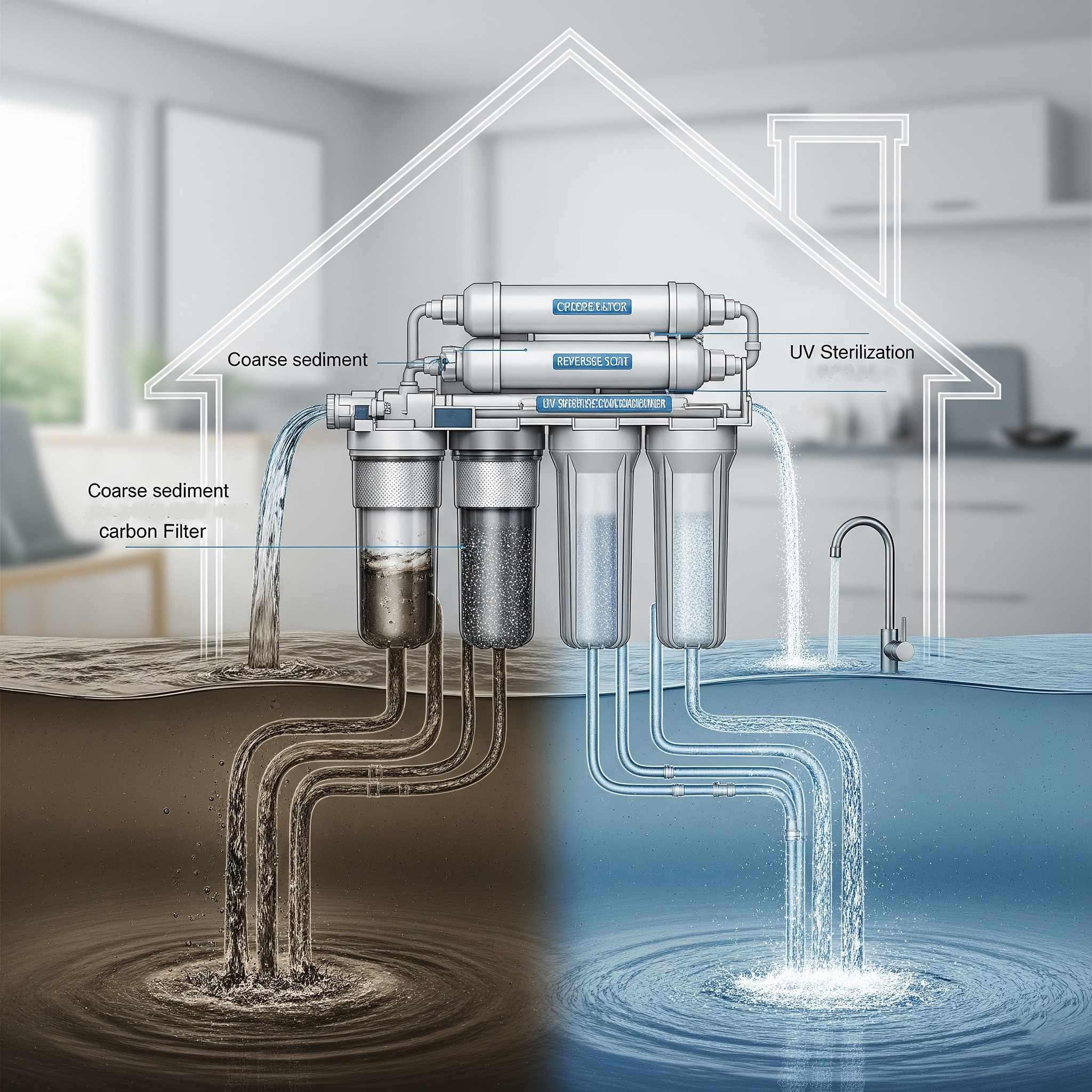
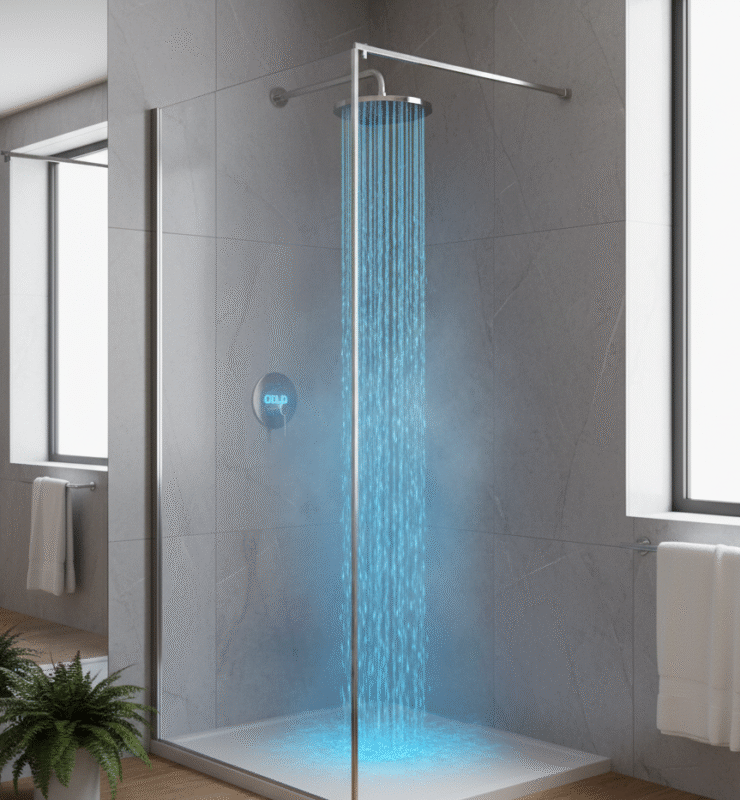
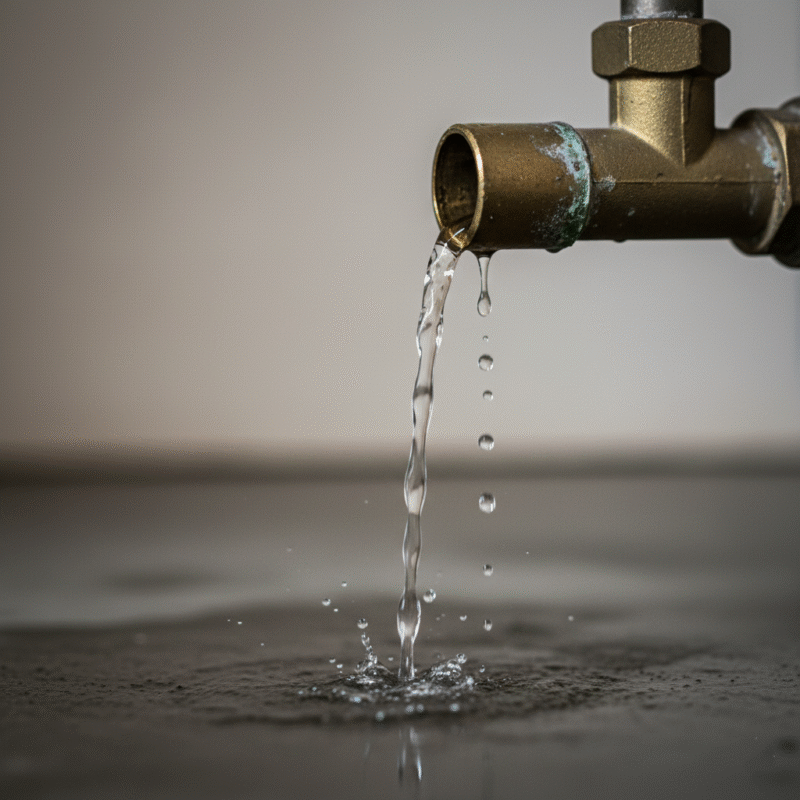
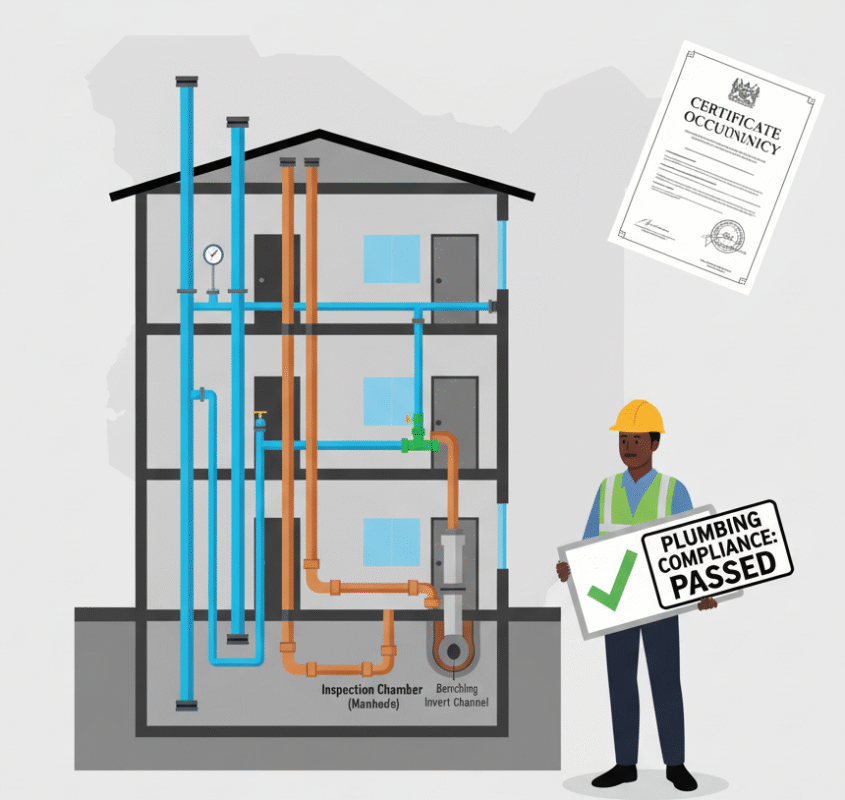
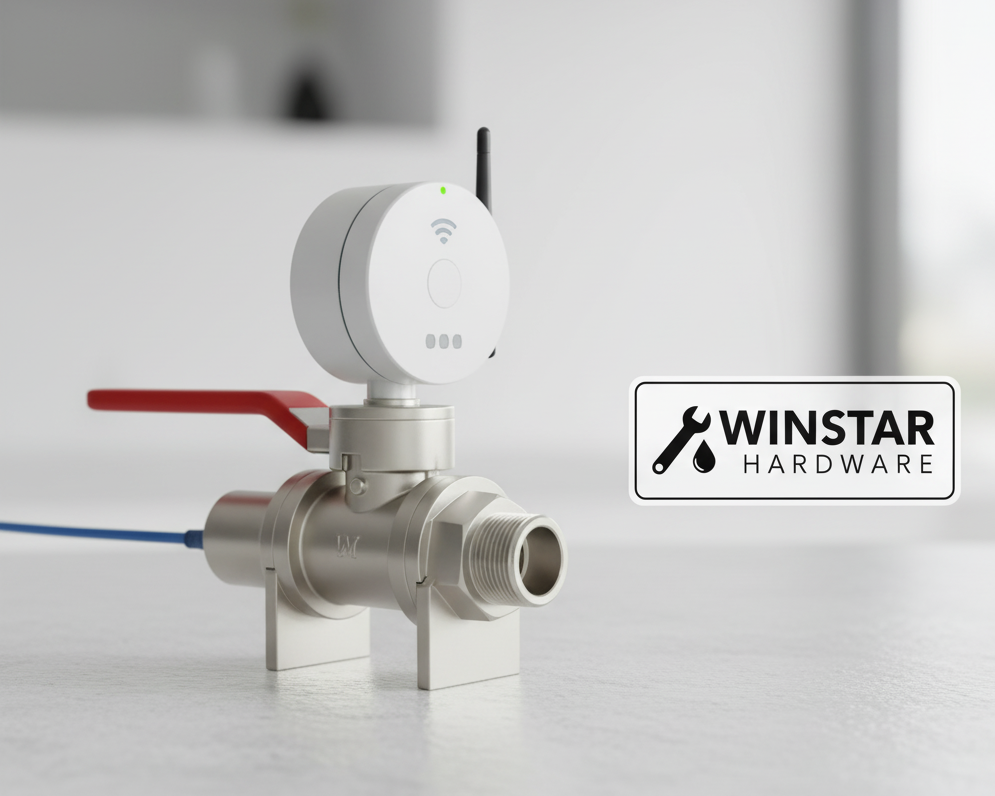
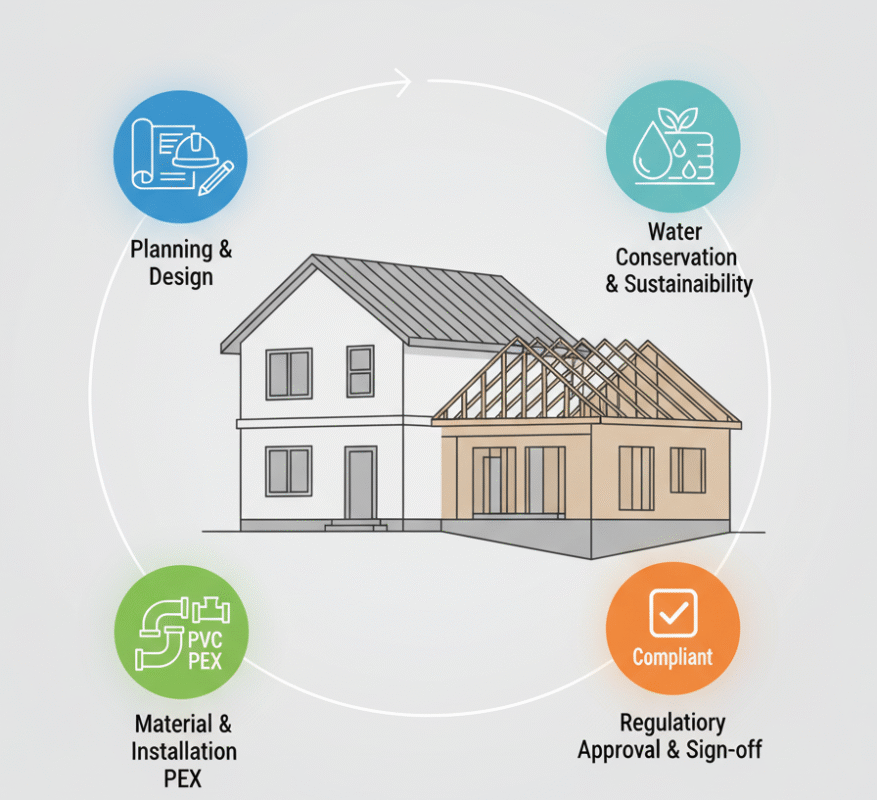
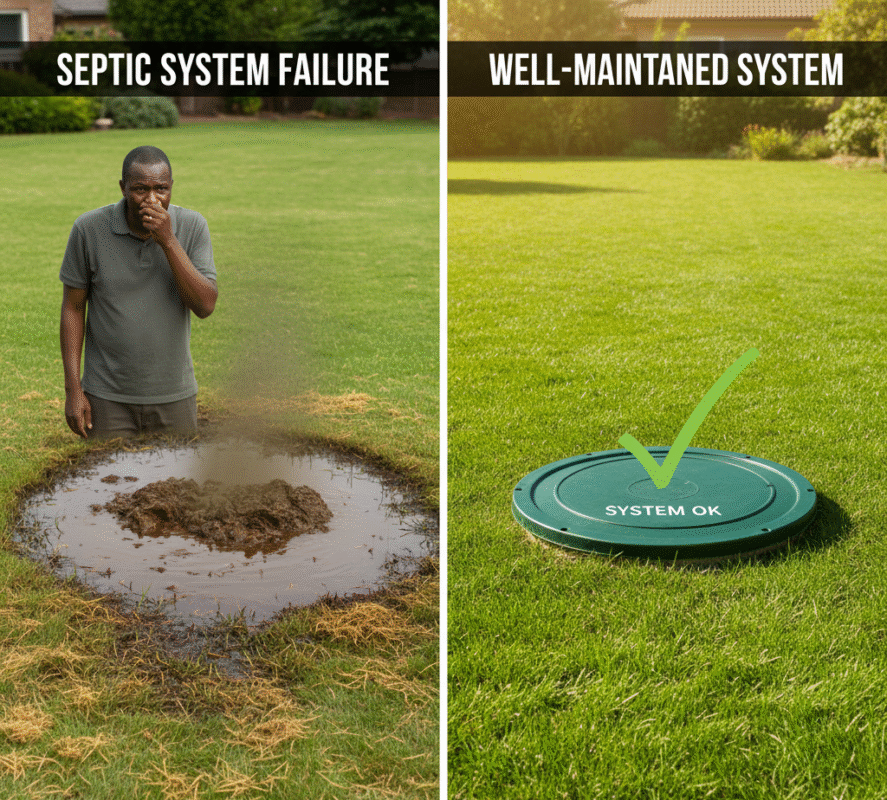
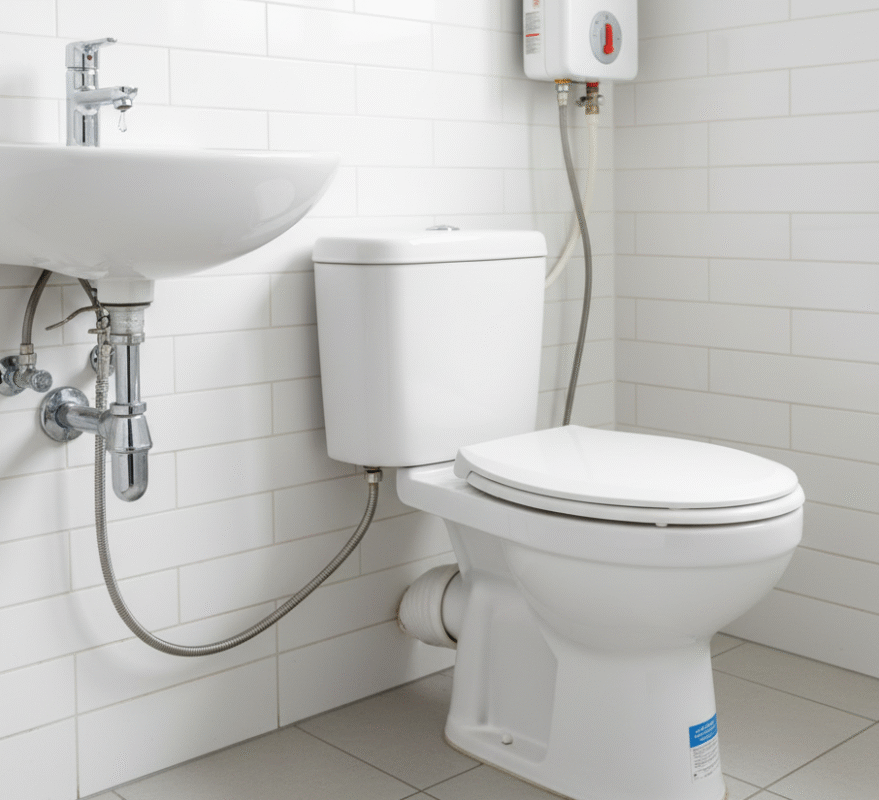
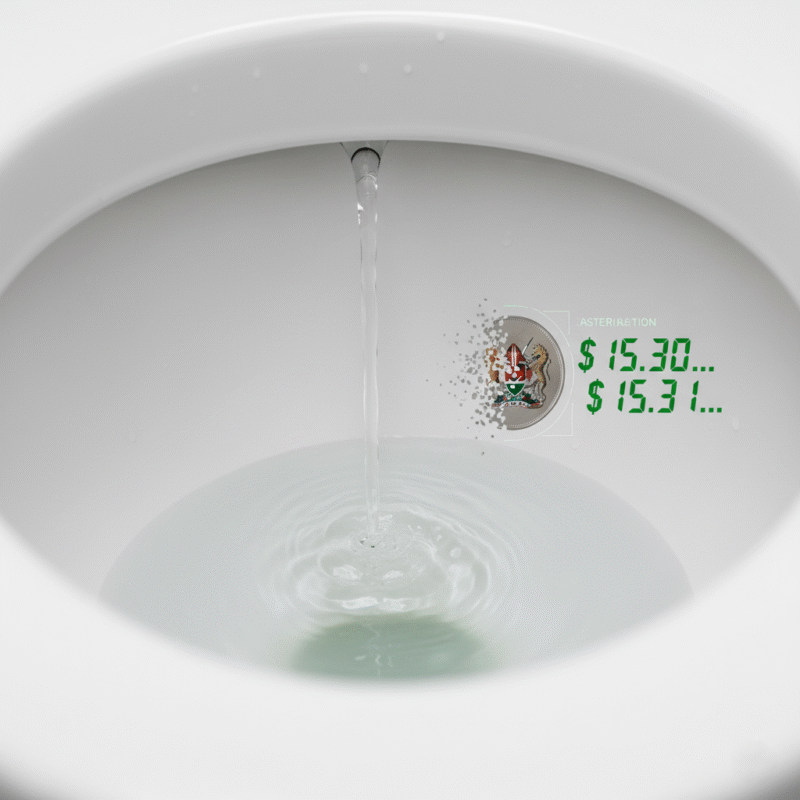
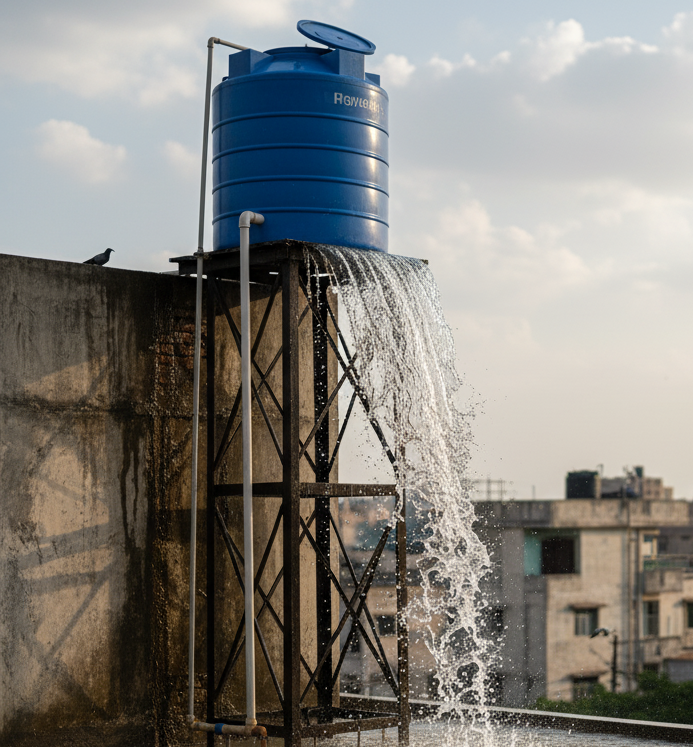
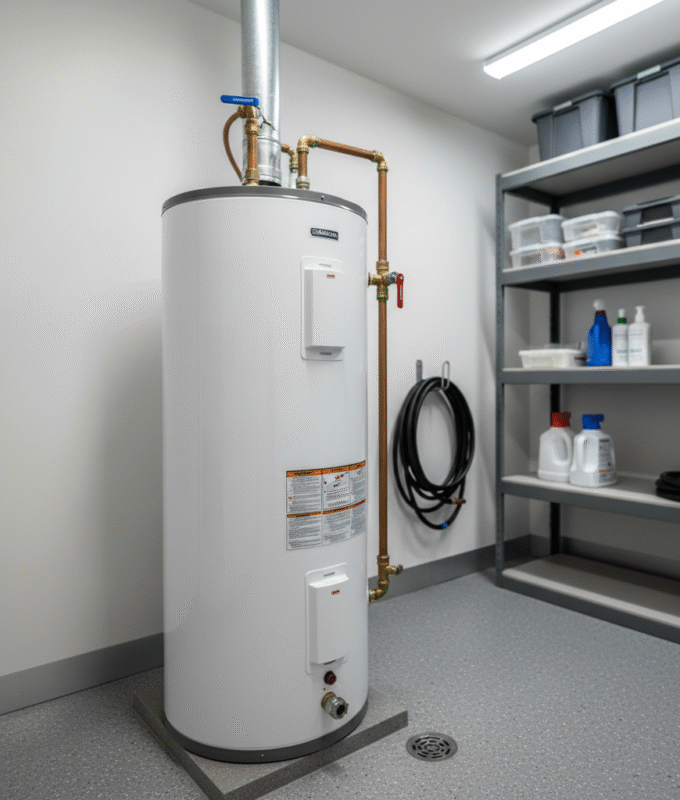
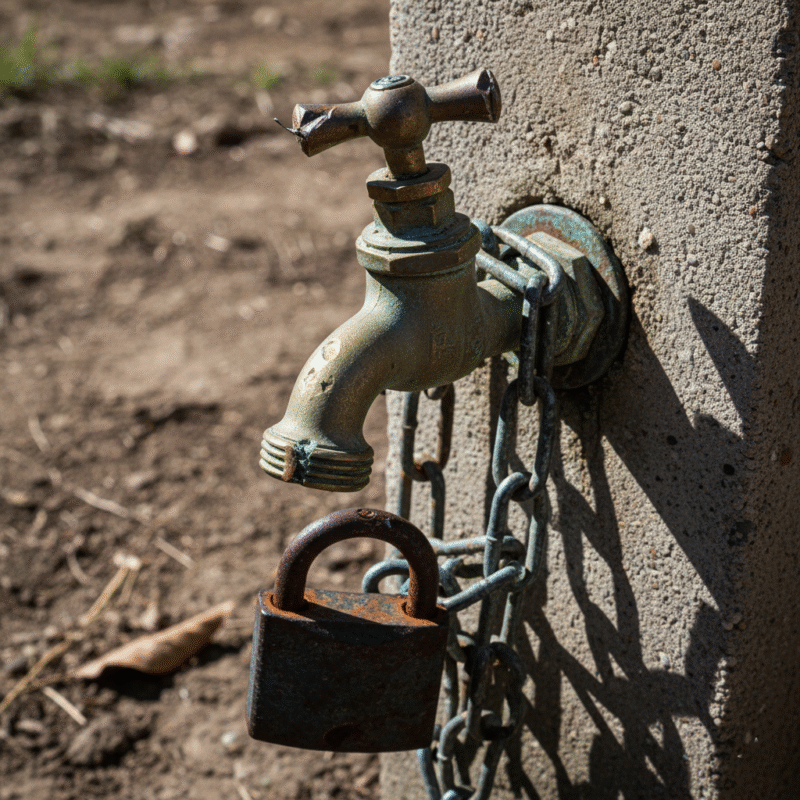
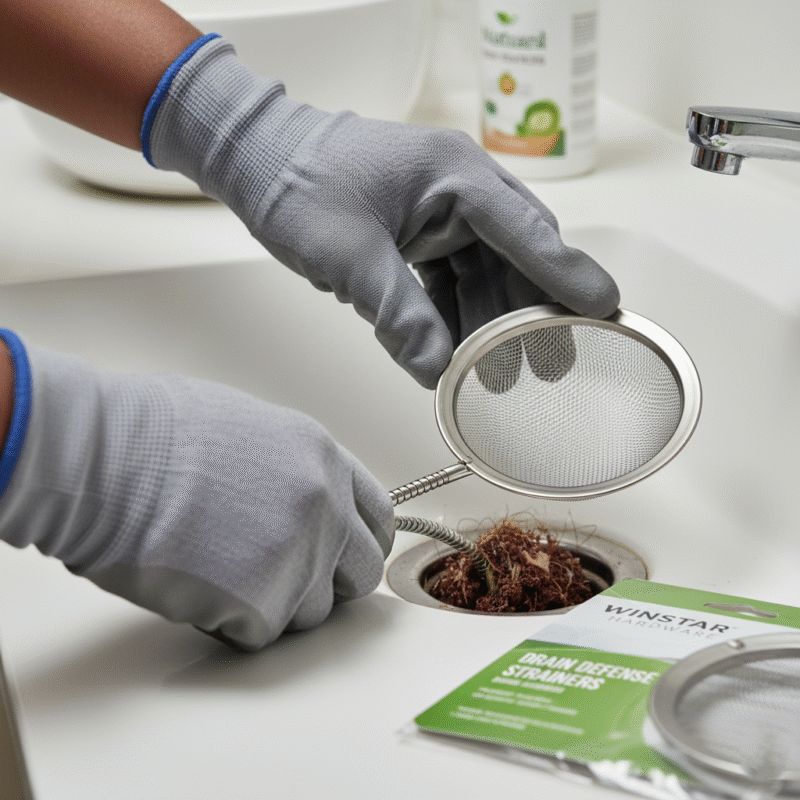









One thought on “Why a Water Filtration System is Essential for Your Home in Kenya”